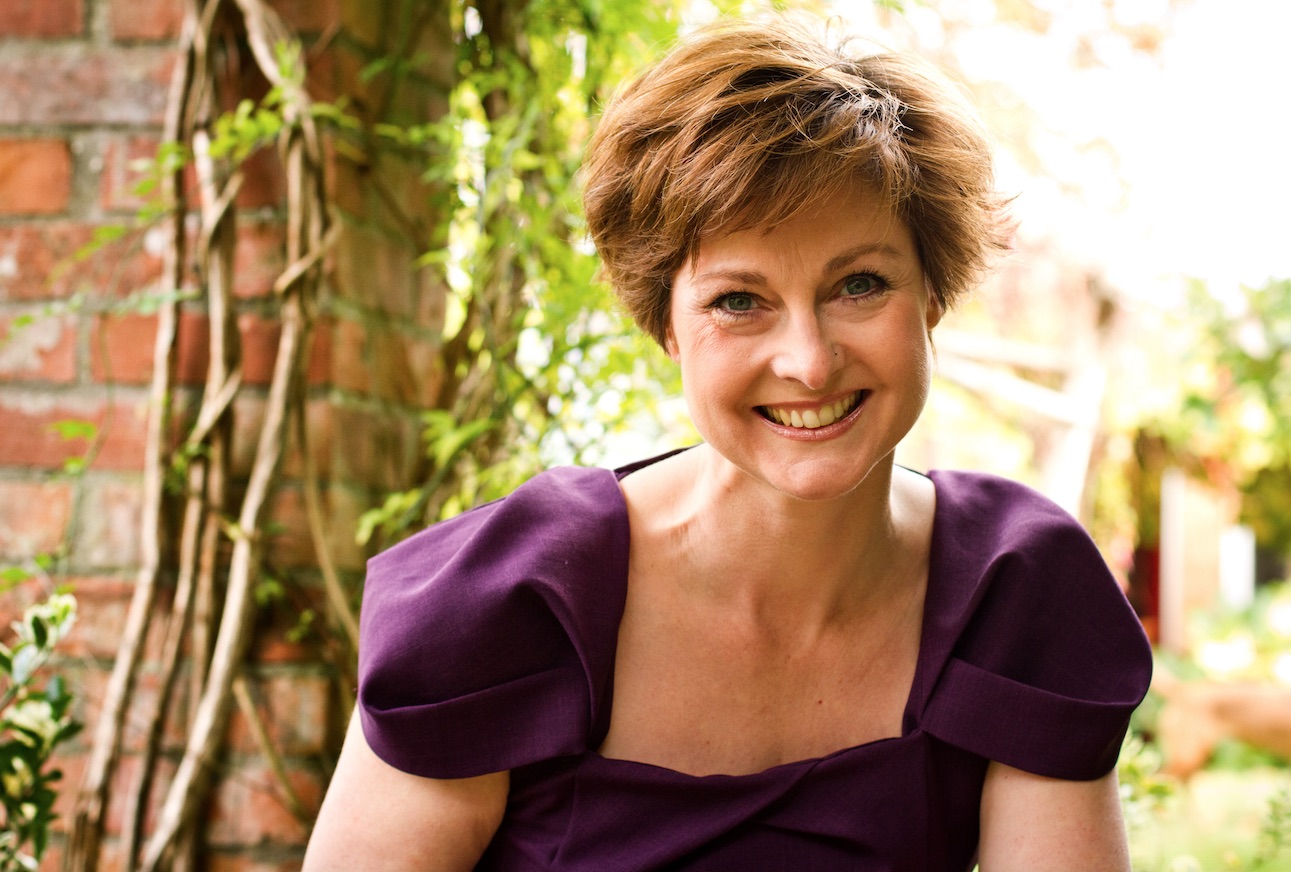Why beauty therapists and medical practitioners need to talk more

I want to address the elephant in the room – the frustration beauty therapists face when trying to obtain GP consent so clients can have a treatment. When we train in beauty therapy, we have it drummed into us to seek a doctor’s consent for any medical condition that is a contradiction for treatment – to get assurance that it’s a suitable service for the customer to have.
For example, ITEC trained therapists are told type 1 diabetes, heart conditions, epilepsy, cancer, pregnancy and high blood pressure are all considered total contraindications to massage. I support the notion that we as beauty therapists are not medically trained and it is not our job to make clinical decisions. Not ever.
However, the battle seems to be sometimes getting cooperation from medical practitioners without our industry feeling discredited in the process. Let me give you an example. Locally, I’ve had one surgery point blank refuse my client a letter of consent, even if they paid for it, touting, "we don't offer consent for beauty treatments".
How do we, as an industry, get through to medical professionals so they understand that we ask for consent to ensure the wellbeing of the client (aka their patient) and to ensure their suitability? Regardless of our personal thoughts on the matter, beauty therapists are not allowed to treat clients without the letter. Our hands are tied.
However, I think GP surgeries who charge £30 per letter, when they could simply have a few generic standard letters on their system, is absolutely shocking.
How do we bridge the gap between the professions?
The resistance beauty therapists get from GPs means that clients usually cancel their booking because they don't want to pay or are just fearful of asking. It's surely for the best of the client's wellbeing that they enjoy some me-time.
Yet, others have experienced completely different reactions. I've had clients report that GPs have laughed and replied, "we've never been asked for a letter of consent before and how ridiculous, of course you can have a massage”.
My best advice to other beauty therapists is take the time to read your policies and ask questions. It would be great if we could have the support of the medical profession once and for all. We should work together for the good of the client/patient.
Perhaps the onus could be on us to develop relationships with the practice managers in our local GP surgeries as I genuinely believe they don’t understand the importance of the consent.
Maybe it’s time for us to speak to the British Medical Association or local MPs to ask for their support, or maybe a committee within parliament could be formed to pass some clear legislation on the matter. Whatever the answer, let’s try and get the conversation started.
 Louise Tilden is owner of The Garden Room in Taunton.
Louise Tilden is owner of The Garden Room in Taunton.


